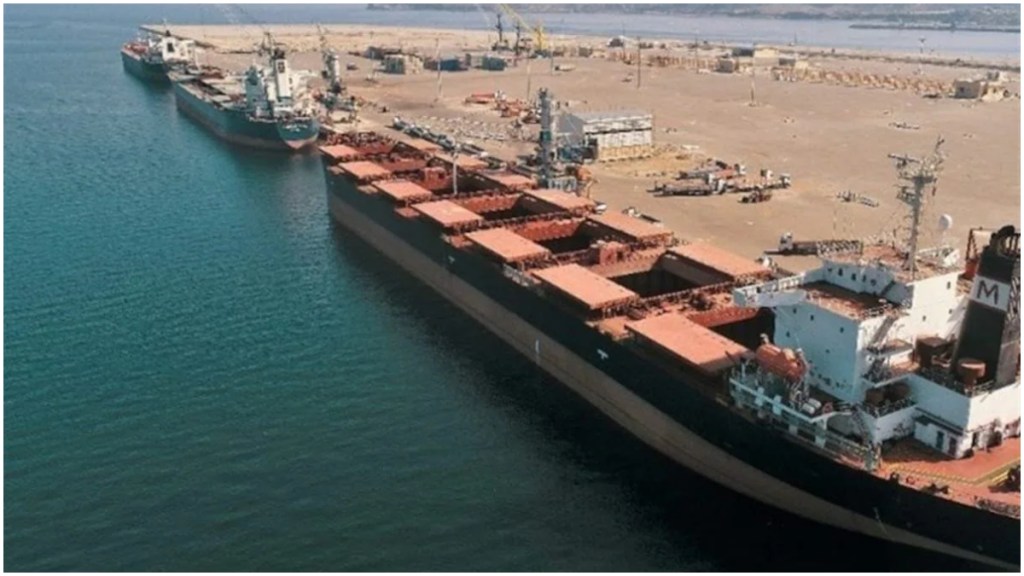The Trump administration has taken another tough step against India by deciding to withdraw its waiver on sanctions linked to Iran’s Chabahar Port. This move, which ends a special exemption given to India in 2018, will take effect in about ten days.
The United States had granted a special sanctions waiver for Iran’s Chabahar Port in 2018 under the Iran Freedom and Counter-Proliferation Act (IFCA). This allowed India and other countries to develop and use the port without facing any US restrictions. The waiver was meant to help Afghanistan’s reconstruction by enabling the transport of essential goods and also supported India’s plans to connect with Afghanistan and Central Asia without relying on Pakistan.
Now, the US has announced that this waiver will be cancelled from September 29, 2025. After this deadline, anyone operating or funding activities at Chabahar Port will face US sanctions under IFCA. US State Department’s principal deputy spokesperson Thomas Pigott had said that this decision is part of Washington’s “maximum pressure” policy to “isolate Iranian regime”.
How will this move impact India?
Chabahar is a deep-water port in Iran’s Sistan-Baluchistan province. It is the closest Iranian port to India and lies in the open sea, making it safe and accessible for large ships.
Although the US decision mainly targets Iran, the decision directly impacts India too. This is because India has been working with Iran to develop the Shahid Beheshti Terminal at Chabahar, which plays a key role in its plans to reach Afghanistan and Central Asia without depending on Pakistan.
This comes as a blow to India’s strategy, especially since the port is located near Pakistan’s Gwadar Port, which has been developed by China.
A key strategic corridor
During PM Modi’s visit in May 2016, India, Iran, and Afghanistan signed a Trilateral Agreement to set up the International Transport and Transit Corridor, also called the Chabahar Agreement.
As part of this, India has already provided six Mobile Harbour Cranes (two of 140-tonne capacity and four of 100-tonne capacity) and other equipment worth USD 25 million, as per a report by The Indian Express.
In December 2018, India Ports Global Limited, through its subsidiary India Ports Global Chabahar Free Zone, took over operations of the port. Since then, Chabahar has handled more than 90,000 TEUs of container traffic and over 8.4 million metric tonnes of bulk and general cargo.
The port has also been crucial in humanitarian aid. India used it to send 2.5 million tonnes of wheat and 2,000 tonnes of pulses to Afghanistan, including supplies during the Covid-19 pandemic. In 2021, India even shipped 40,000 litres of an eco-friendly pesticide (Malathion) to Iran through Chabahar to help fight a locust outbreak.

